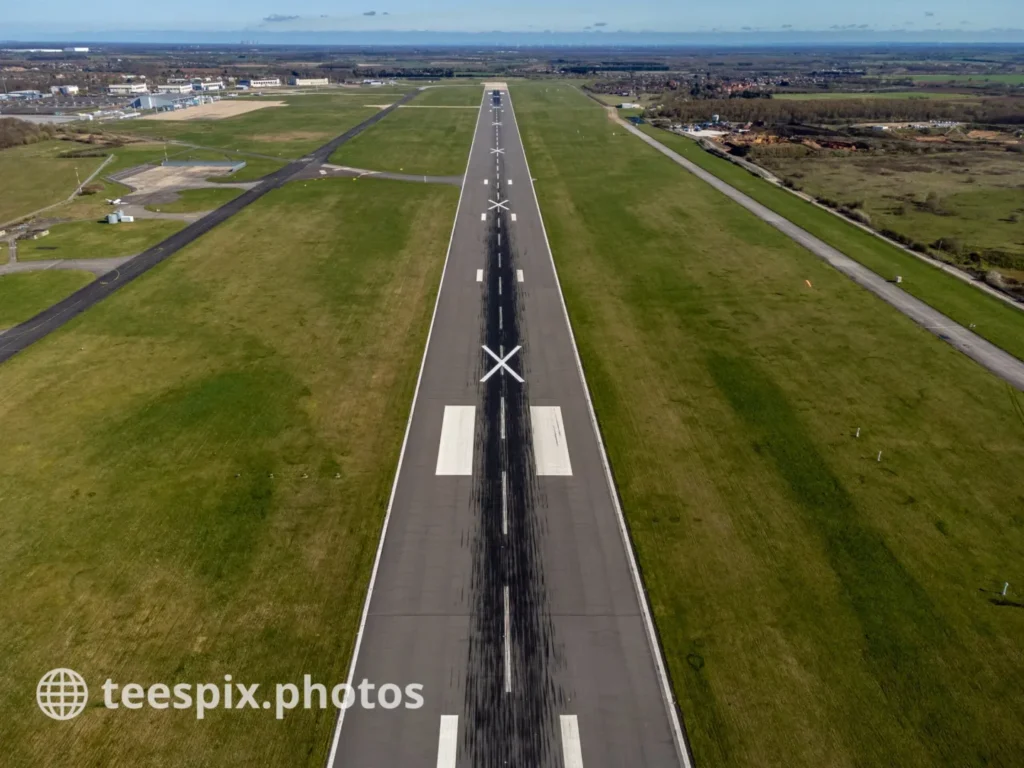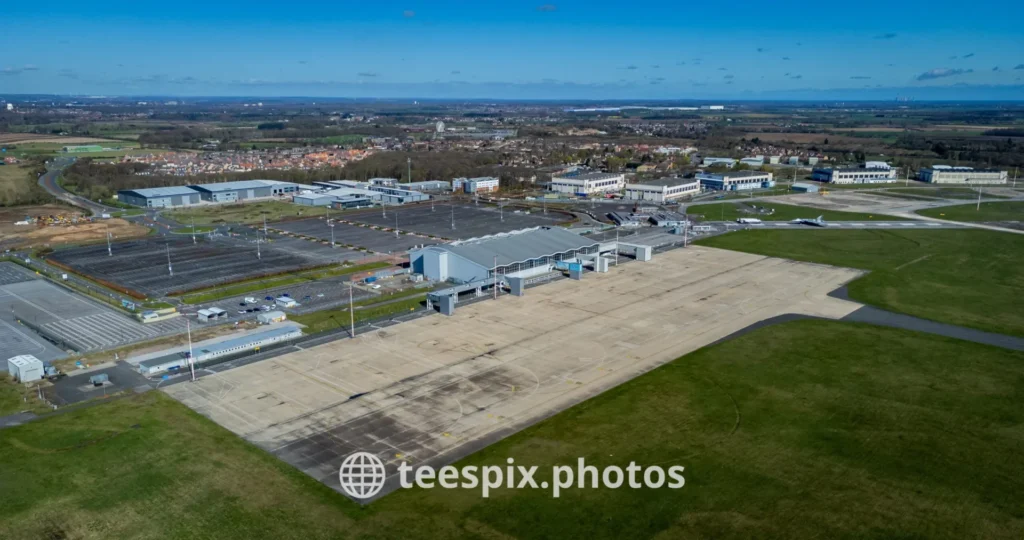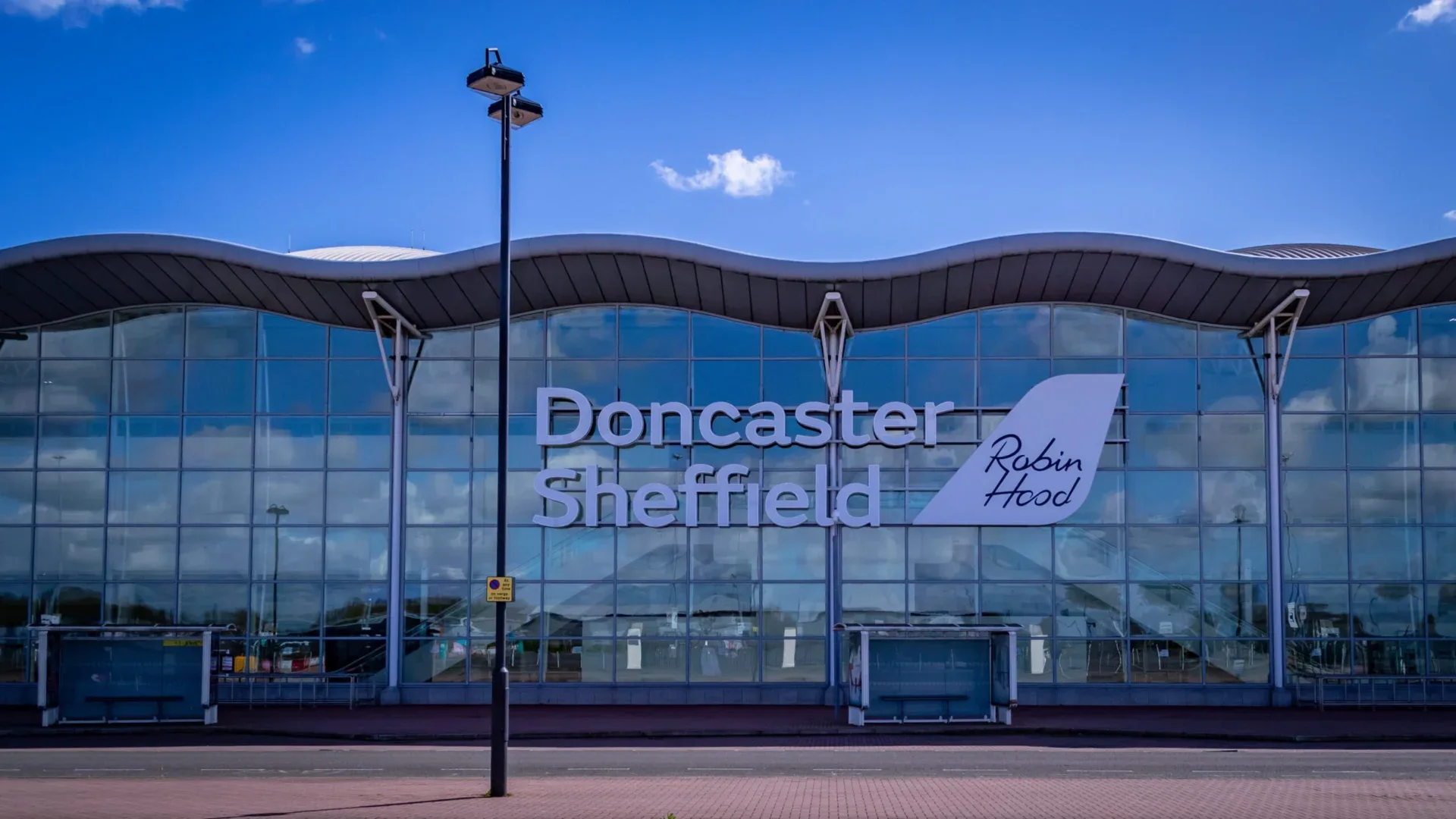Doncaster Sheffield Airport Steps Closer to Reopening
After the contentious closure of Doncaster Sheffield Airport (DSA) in November 2022, hopes for its revival have been ignited. The City of Doncaster Council’s recent move to secure a 125-year lease on the site marks a pivotal victory for those who opposed the closure, including local businesses and residents who saw the airport as a vital transportation and economic hub. The airport’s closure had been met with widespread criticism, leaving the South Yorkshire region with diminished travel options. Now, the possibility of reopening DSA presents a chance to not only restore air travel connections but also potentially reinvigorate the local economy. However, the path towards a fully operational airport remains complex, with hurdles to overcome before flights can take off again.
DSA closed in late 2022 after its owners, Peel Group, declared the airport financially unviable. This decision sparked a determined campaign to reopen the airport, with widespread support from local businesses, residents, and politicians. The closure was seen as a severe blow to the region’s connectivity and economic prospects. Proponents of the airport argued that it was a vital travel hub for both leisure and business, and its loss would disproportionately impact South Yorkshire communities. A bid for a judicial review was even launched in an unsuccessful attempt to block the closure.

Potential Benefits of DSA’s Revival
The much-anticipated reopening of Doncaster Sheffield Airport (DSA) holds significant promise for a positive impact on both local and regional levels within South Yorkshire and beyond. Here’s a breakdown of the key benefits:
- Enhanced Connectivity: Improved air links will offer residents and businesses wider travel options, boosting quality of life and opening doors to new opportunities. Direct flights to key destinations mean less travel time and hassle, attracting business investment, increasing tourism for nearby cities like Doncaster, Sheffield, York, and Leeds, and making it easier for residents to visit friends and family further afield.
- Job Creation: The airport’s revival is expected to generate thousands of jobs across various sectors, from airlines and ground services to retail, hospitality, logistics and transport. This revitalisation of the local economy will provide much-needed opportunities, particularly for those within immediate commuting distance. Additionally, many skilled workers from the airport’s previous operations are eager to return to their roles, ensuring a knowledgeable and experienced workforce from the start.
- Community Development: A functioning airport could catalyse further development in the area. The potential for new businesses, services, and amenities tailored towards supporting a thriving airport community is significant. This, in turn, could lead to improved housing options and a revitalised sense of community pride.
- Economic Engine: DSA’s reopening will act as a vital economic engine. Attracting businesses to the region becomes easier due to improved connectivity, which then boosts tourism and supports the growth of other sectors. This increased economic activity leads to the regeneration of surrounding areas, driving further growth, diversification, and a more competitive economic position overall for the whole of South Yorkshire.
- Regional Pride: Beyond its economic value, Doncaster Sheffield Airport held a special place in the hearts of many across the region. Its reopening represents not just economic revitalisation, but a restoration of a local landmark that contributed to a sense of regional identity and pride.

The Challenges for DSA’s Future
Doncaster Sheffield Airport’s reopening presents exciting opportunities, but also some critical challenges to overcome for long-term success:
- Finding the Right Operator: The airport needs an experienced operator with a proven business plan., with Doncaster Mayor Ros Jones saying “The lease agreement is the first stage in the process to reopen our airport. The next stage is the appointment of an airport operator to manage the operational airport”. Learning from the Teesside International Airport experience, where the initial operator left after two years, highlights the importance of careful selection.
- Balancing Growth with Environmental Responsibility: The airport must address noise pollution and carbon emissions concerns. Sustainable practices and technologies will be essential for community support and responsible operations.
- Attracting a Low-Cost Airline: Securing a major low-cost airline partner can be vital for a regional airport’s success. DSA’s positive past relationships with Flybe, Wizz Air, and Tui Airways are assets to explore for potential partnerships.
- Building a Strong Financial Foundation: The airport needs a clear path to profitability. This may require significant investment, creative revenue strategies, and potentially public-private partnerships. Learning from Teesside International Airport’s financial challenges underscores the importance of a financially sustainable plan for DSA.

A Bright Future Ahead?
While securing a lease for Doncaster Sheffield Airport marks a significant milestone for the South Yorkshire City region, the journey towards a fully operational airport is far from over. The real work begins now. Stakeholders must carefully navigate potential obstacles, ranging from securing necessary funding to rebuilding airline partnerships. By addressing these challenges with foresight and a focus on sustainability, those involved can usher in a new era of connectivity and economic opportunity for the region. The future of DSA is not simply about restoring flight routes; it’s about shaping a well-connected future that benefits the entire community.

